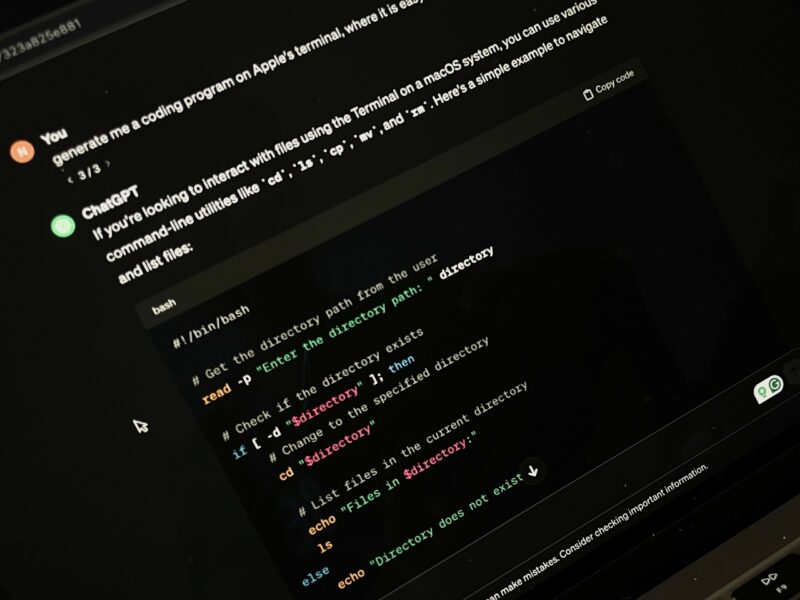As I prepare for my fourth year at Laurier Brantford, I’m already anticipating the all too familiar slogan of nearly every professor’s inaugural class: “Please, no Facebook.” At some point during the first class, professors will plead with students to use their laptops only for taking notes, not for Facebooking, instant messaging or surfing PerezHilton.com. This seems like a reasonable request. Yet in my three years at Laurier Brantford, this has not registered with my fellow students. They are so addicted to social networking and celebrity gossip websites that I have, on several occasions, seen every computer in a classroom occupied by one or the other. It’s strange how university students in their twenties cannot sit for one hour and twenty minutes without looking at 67 pictures of themselves taken the night before. (Note: I know from experience that the more pictures there are, the less fun the outing actually was.)
So why do students struggle to pay attention in class? From my conversations with professors and students at other schools, I learned that this problem is not unique to our campus. It has something to do with the changed nature of university experience. In the past, only a select number of students can attend university. They acquire a traditional liberal education and concern themselves with seeking knowledge and truth. Today’s universities, in theory, only aim to provide students with the skills necessary to land a job. A B.A. no longer means you are a member of the learned few; you are simply trained for an entry-level position at SunLife Financial. Employers expect candidates to possess a degree, now making university the essential next step after high school. It appears that universities are fully aware of this. They are more than happy to admit students, even if you ain’t too good at fancy book learnin’. As proof of this, watch how often professors have to spend a portion of a class to explain what a “thesis” is.
A friend of mine, enrolled in a humanities program at Carleton University, experienced firsthand what lowered expectations can do. He was summoned by a professor who thought my friend’s essay was too good and assumed he had cheated. I find it disheartening that someone with skill is singled out as a potential plagiarizer when compared to the expected mediocrity. However, I cannot blame the professor. When you’re forced to lecture to an audience who’s entirely preoccupied with the Twitter page of Snookie from Jersey Shore, being able to correctly structure a sentence becomes an exceptional skill. This is undoubtedly discouraging for professors. Of course the other reason for defeated professors is that their own areas of expertise are so specific and narrow that they can’t even pretend to be interested in it themselves, let alone get anyone else excited about it. But the latter has always been the plight of academia – the former is an entirely new woe.
This friend of mine also happens to be a jaded Neo-Marxist. There was a time when universities were a safe haven for these misguided ideologues. They would form campus groups, start underground newspapers and engage in lively debates. Most of them will, later in life, discover the error of their ways and get a corporate job with good benefits, while others continue to subtly subvert the system by wasting their votes on fringe parties. But at least these students had passion! If an illegal bombing of Cambodia was being carried out by their government today rather than in 1970, the students of Kent State would be too busy with a Grey’s Anatomy viewing party to protest.
Can we ever get back the university experience of yesteryear? In my opinion, no. Universities of today are big business. More and more students are enrolling in universities. Traditional liberal education is dying out and giving way to skills-based education. Classroom debate and discussion is quickly being replaced by the hopelessly impersonal “distance education.” Students concern themselves with getting meaningless grades required by their programs rather than with “learning.” True understanding has been replaced by the art of memorizing statistics that can be regurgitated during exams.
Is this polemic meant only as a lament to the death of the 1960s university experience? Not entirely. University may have changed forever but that doesn’t mean that we should simply ride the wave of complacency. Read the newspaper, find an issue that you’re passionate about, get vocal, discuss and debate. Just care about something, students of Laurier Brantford! And have mercy – turn Facebook off during class!



